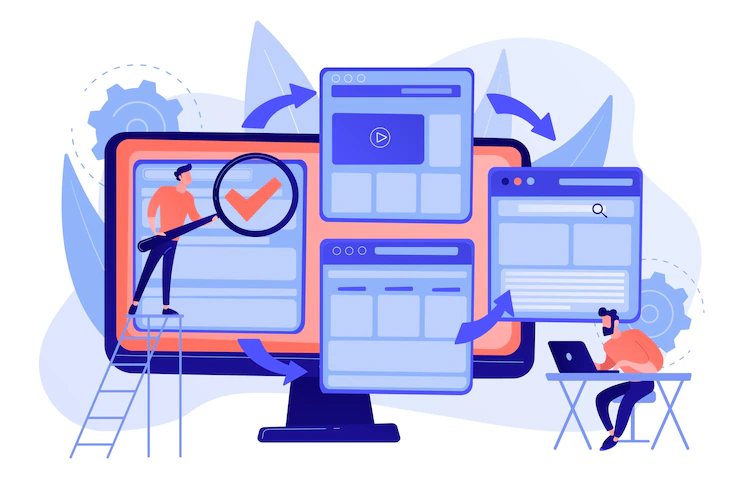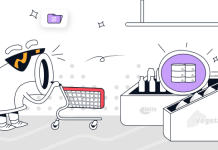Software Testing
We are gradually moving towards a customer-obsessed and customer-controlled world. Retailers are putting an utmost effort to augment, upgrade and optimize their current techniques to support modifying user demands and technology spectrums. The ability to offer an omnichannel experience has become necessary. Latest technologies are creating new channels for retailers to facilitate a flawless shopping experience for the users. Simultaneously, retailers are also encountering difficulties that come with the implementation of the latest technologies.
The retail sector is prospering with user information. This is utilized by cutting-edge technology to provide an enhanced user experience. PwC statistics suggest that 63% of US consumers share information with a company that provides an enhanced user experience.
Keeping this scenario in mind, we are presenting to you to trends that will be dominating the retail future.
Smart Support Assistants
Some years back, Lowe’s started a Lowebot in its stores. This was in the San Fransico Bay area. The autonomous retail service robot assists users to route the store and search for products that they are finding.
Special promotions for the customers through email immediately, answers Frequently Answered Queries, send discount coupons; provide store navigation, the robot retail software, and pepper. It helps to enhance the store efficiency.
Furthermore, in-store bots and chatbots are also seen to have increased. The worldwide chatbot market is expected to reach up to $1.23 billion by 2025. This is growing at a CAGR of 24.3%.
Cloud computing
This serves as an ice breaker between various stakeholders. It also channels a noticeable transparent system across the chain. Furthermore, the advantages of cloud computing, storage scale, and speed can prove to be important in enhancing the performance of a retail store. According to McKinsey retailers must adopt a workflow or journey to the cloud. They must recognize and migrate those frameworks that have a strong effect on the business. These models may incorporate inventory optimization, omnichannel order fulfillment, real-time inventory visibility, loyalty-program management, recommendation-engine personalization and website, margin, and pricing management.
Predictive Personalization and Analytics
Eighty percent of the users are likely to purchase when brands provide customized experiences. According to Kiran Mani, the managing director of retail at Google, personalization is like translating information into assistance. After some years, $800 billion in sales will move to e-retailers that incorporate site personalization and away from those who refrain.
Data is the engine driving period of modification. With the assistance of artificial intelligence, retailers, analytics, and deep learning is using customer-centric optimization of legacy procedures and systems. The analyzed information amalgamated with intelligent proceeds rescans assists retailers to make decisions regarding their supply chain optimization, inventory management, and user preferences.
Kohl’s has equipped its store managers with data authorized dashboards that they can utilize to provide valuable visions that will generate more sales.
The Increase In Extended Reality (XR)
The extended reality is abbreviated as XR. It is one of the main trends which is incorporated to develop futuristic experiences for modern consumers. XR connects the dots between virtuality and reality and develops multi-dimensional comprehension of a retail product. According to a forecast by Goldman Sachs, the market for AR and VR inertial will reach up to $1.6billion by 2025. E-commerce is already very huge. The brick and mortar stores and online stores are creating physical and digital counterparts to impart a holistic user experience. Wayfair and IKEA utilize augmented reality to let modification see the way furniture will fit in with their home décor.
Conclusion
After viewing the discussion above, it can be said that software testing companies play a significant role in enhancing the quality of the retail app. This is because; it helps to provide a flawless customer experience. All retail companies like Amazon, IKEA, and Alibaba take assistance from software testing companies to provide a seamless customer experience.



